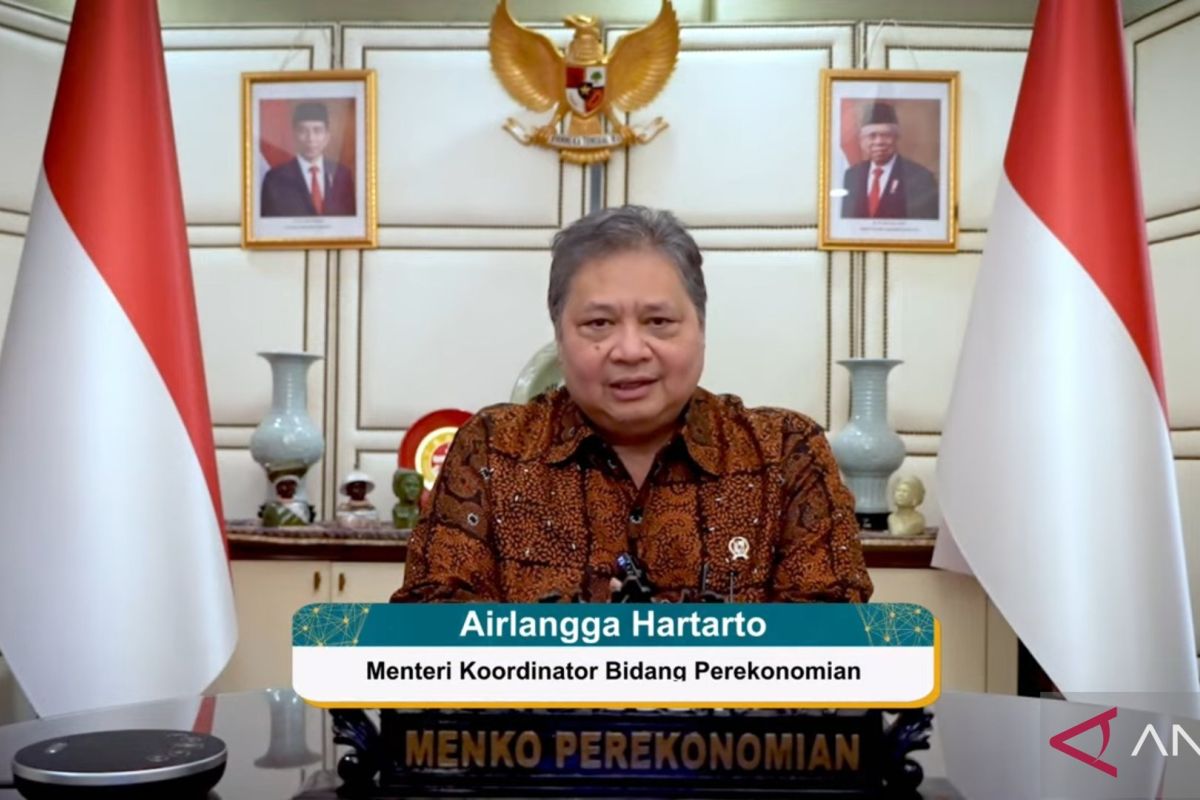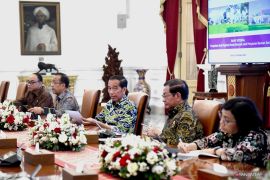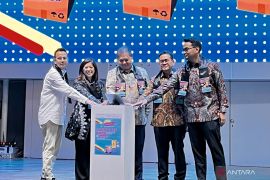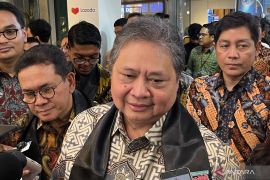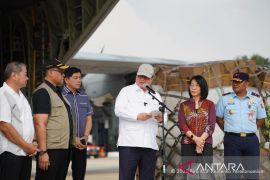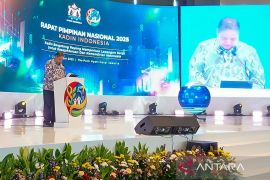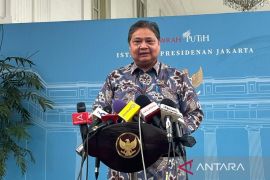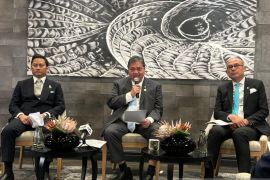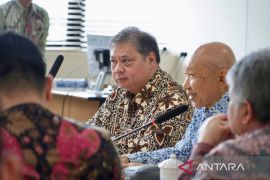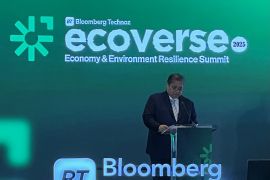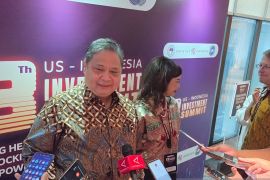The Regsosek system can provide a comprehensive database for targeted development planning, he remarked.
"We can get a clear picture of the level of welfare, household conditions, and various other aspects of community life," he stated at the launch of the Collaboration on the Utilization of the Socio-Economic Registration Data System on Thursday.
According to Hartarto, appropriate data plays a crucial role in targeted and sustainable development planning.
"The data is also a tool to accelerate poverty elimination in all regions and support our society to enter the middle class with relatively higher incomes," the minister remarked.
He affirmed that Indonesia has shown positive performance in its efforts to reduce poverty levels over the last 15 years.
Based on data from Statistics Indonesia (BPS), the poverty rate in March 2023 was recorded at 9.36 percent, while the extreme poverty rate reached 1.12 percent.
Hartarto then quoted data from the World Bank stating that Indonesia experienced significant growth in its middle class.
In Indonesia, the share of the middle class in the overall population increased from seven percent to 20 percent.
"Increasing the quality and quantity of the middle class will help accelerate economic growth and expand equality of welfare," the minister remarked.
However, Hartarto acknowledged that expanding the middle class requires significant effort. Such a challenge can be addressed through the integration of economic empowerment programs by utilizing Regsosek, he remarked.
The minister also drew attention to several approaches to facing these challenges, with the first being identifying programs in ministries/institutions (K/L).
Programs must be based on criteria such as access to income or employment, boosting the capacity of human resources (HR), increasing the capacity of micro, small, and medium enterprises (MSMEs), as well as stepping up access to MSME financing.
Meanwhile, the second approach is the use of data that is right on target.
"We must ensure the data used is right on target based on the same source or matched with Regsosek, as well as creating good data governance in accordance with the principles of security, privacy, as well as facilitating access and use by related parties," Hartarto explained.
The third approach is updating data regularly. This is done by ensuring a mechanism for regularly updating data from Regsosek and monitoring changes in the social and economic conditions of the community.
Furthermore, he assessed that economic empowerment to realize a strong middle class cannot be done separately.
In-depth coordination and convergence are deemed necessary to implement economic empowerment programs in various sectors.
"With a strong middle class, we have a foundation to become a more advanced nation and be able to achieve the targets recommended in the Medium Term Development Law," he emphasized.
Related news: Indonesia, UNICEF release integrated Regsosek design report
Related news: Need to utilize socioeconomic registration data optimally: Widodo
Translator: Bayu Saputra, Resinta Sulistiyandari
Editor: Rahmad Nasution
Copyright © ANTARA 2024
